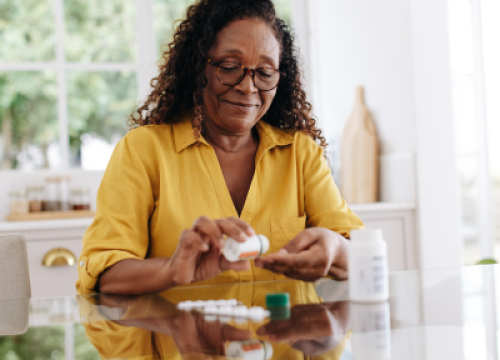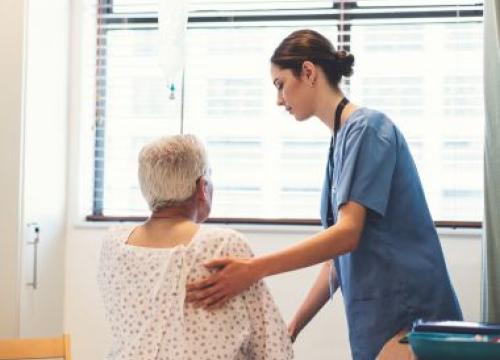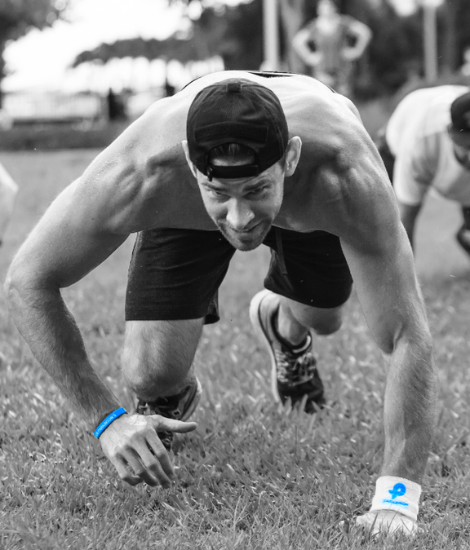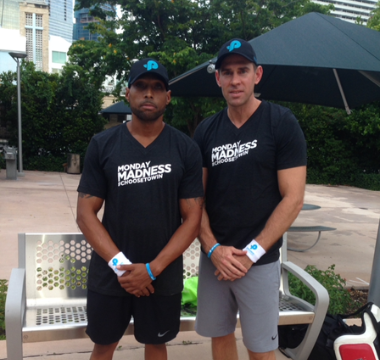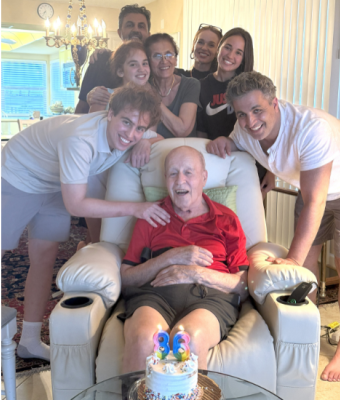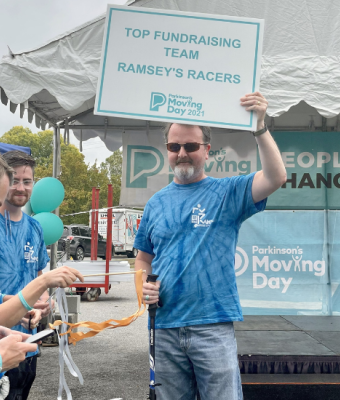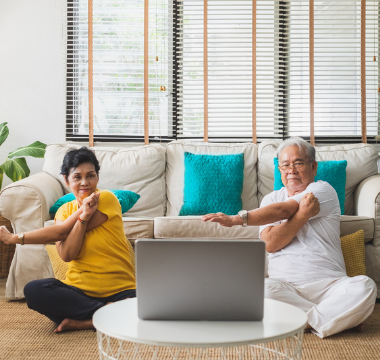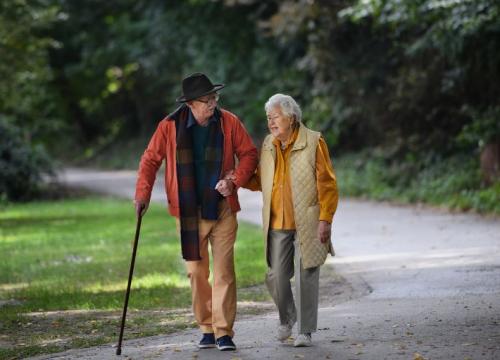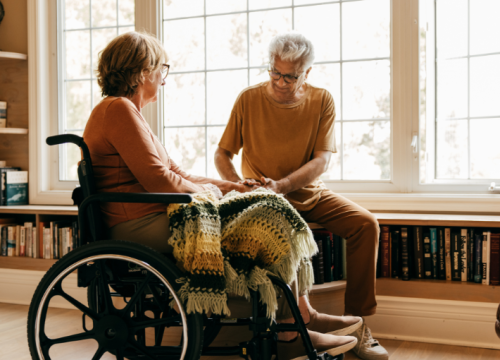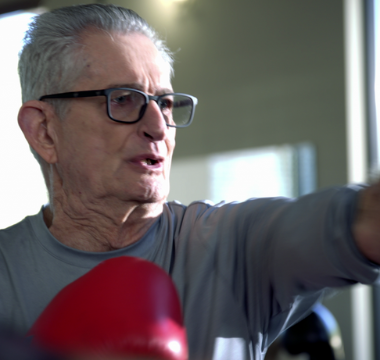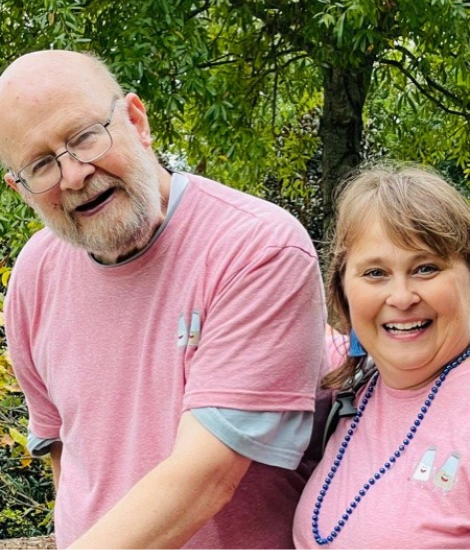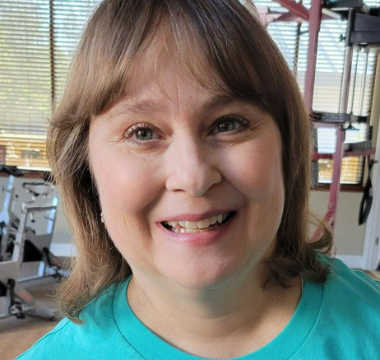Study Finds Visual Impairment is 60 Percent More Common in People with Parkinson’s

Parkinson's disease (PD) is usually described as a movement disorder of the nervous system that worsens over time. Parkinson’s is believed to be the result of dopamine-producing neurons (nerve cells) in the brain gradually dying off. When approximately 80 percent of dopamine is lost, the hallmark symptoms of PD emerge, such as tremors in the hands, arms, legs, jaw or head, slowness of movement, stiffness in the limbs and trunk of the body, and difficulty with walking, balance and coordination.
However, PD also has non-motor symptoms, such as problems with attention, planning, language and memory. One impairment in particular may not be getting the attention it deserves: visual impairment.
In people without Parkinson’s, visual impairments are associated with falling, bone fractures, depression, anxiety and dementia. People with PD are not only at an increased risk for these issues but can experience intensified visual impairments ― because they rely on visual cues to help compensate for movement challenges. Understanding how visual impairments impact the health and quality of life of people with PD is paramount.
Recently published in the journal, Movement Disorders, “Visual Impairment Is More Common in Parkinson’s Disease and Is a Risk Factor for Poor Health Outcomes” (Hamedani, Abraham, Maguire, & Willis, 2020), a study found that visual impairment is 60 percent more common in PD than the general population.
This study used Medicare claims data from 2010 to 2014 to analyze the burden of moderate to severe visual impairment of 26,209,997 Medicare beneficiaries, age 65 and older, with and without PD. Data was analyzed (using a statistical model) to examine visual impairment and incident hip fracture, depression, anxiety, dementia and death. The frequency with which those with PD had a professional eye exam was measured and demographic data was gathered.
Results
- Of the 26,209,997 unique Medicare beneficiaries, 287,010 (1.1%) carried a diagnosis of PD, and 187,572 (0.72%) carried a diagnosis of moderate to severe visual impairment.
- Visual impairment is 60% more common in PD than the general population.
- Moderate to severe visual impairment was associated with increased hip fracture, depression, anxiety, dementia and death, in both the general population and those with PD.
- Approximately only 40% of those with PD had a yearly eye exam.
- In both PD and non-PD populations, the prevalence of moderate to severe visual impairment increased with:
- Age
- Black or Hispanic ethnicity
- Medicaid eligibility
- Female sex
- Diabetes
- Hypertension
What Does It Mean?

The prevalence of moderate to severe visual impairment in the Parkinson’s population is more common than those who do not have PD. This visual impairment is associated with increased risk of accidents, cognitive issues, and death in both people with and without PD. Those who fall into certain demographics or have conditions, such as diabetes and hypertension, are more likely to have moderate to severe visual impairment. It is important to know that many comorbid conditions (e.g., diabetes, anxiety, depression and hypertension) can be managed and treated; plus, Medicare pays for annual eye exams.
It is imperative that attention be given to these study findings, and more research conducted. Understanding these relationships is an essential component to helping develop interventions and patient education efforts to improve health outcomes and quality of life for people with PD.
As an aside, while not addressed in this study, dopamine is known to play a key role in retina health and numerous other visual functions, such as light regulation, contrast sensitivity, color vision and visuospatial construction. Further, there is research to suggest that alpha-synuclein overexpression affects dopamine neurons in the retina. Expanding research to incorporate the role of dopamine and alpha-synuclein is surely warranted.
Learn More
The Parkinson’s Foundation believes in empowering the Parkinson’s community through education. Learn more about the association of vision problems and PD by visiting the below Parkinson’s Foundation resources, or by calling our free Helpline at 1-800-4PD-INFO (473-4636) for answers to all your Parkinson’s questions.
Related Blog Posts

